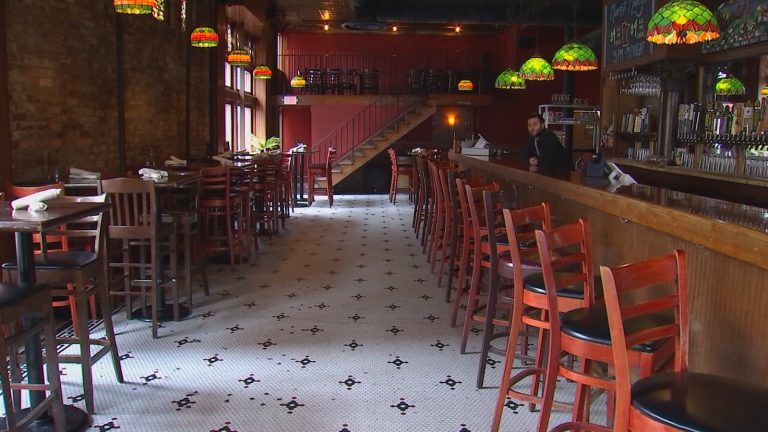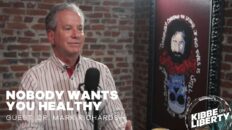Across the country, we are seeing legislation and mandates from various government officials in response to the COVID-19 pandemic. Too, the CDC and the COVID-19 federal task force are urging people to reduce public groups to no more than 10 people. And most recently, California has ordered its residents to stay home to prevent further spread. Every single state has declared a state of emergency, issued a disaster proclamation or something similar. All of them, of course, have social distancing at the core of their strategy.
Social distancing is obviously the correct way to stem the crisis. But these mandates are troublesome. After all, as we all know, government action and intervention that violate civil liberties in crisis or national security situations are often difficult, if not impossible, to scale back once the crisis is over. We should, then, instead be incentivizing social distancing as much as we can—and minimizing the amount of mandates issued.
For starters, there are simple things states and other officials can implement that would be a carrot approach, instead of a stick approach, to maximize social distancing.
We’re already seeing regulation reduced in the areas of industry we want to hurry, like medical testing and allowing doctors to practice across state lines. But we could do more.
Restaurants, bars, theaters, and other organizations that profit from mass crowds and tight spaces should get tax breaks if they shut their doors or shift their business model to social distancing. A restaurant going to delivery and carry-out only shouldn’t just be noble. It should give those businesses tax breaks so they aren’t just pushed into social distancing—they’re pulled.
Installing incentives is important because mandates aren’t just flashy words. Breaking a state’s isolation or quarantine order is typically a criminal offense (a misdemeanor, in most cases). So, officials will likely start arresting people for simply engaging in constitutionally protected actions.
Bourbon street in New Orleans, Louisiana is a prime example of where this fear could quickly turn into reality. Officers in the New Orleans Police Department have been driving down bourbon street broadcasting from the loudspeakers for people to go home, announcing that “large groups of people are prohibited from congregating together.” When does this broadcast and drive-by turn into arrests? Large groups of people are prohibited by law, after all.
Besides public blowback or common decency, there’s not much keeping a state or local government from arresting individuals at bars, restaurants, or when they’re just out and about. But those people are just peacefully assembling—activity protected by the first amendment. Mandates naturally put the first amendment at odds with fighting this pandemic.
And let’s not forget about the businesses that might stay open during this crisis because they need to make ends meet. In America, we respect the hard work, grit and innovation that drives people to push through tough times. But if business owners knew they’d have less costs—if they knew they wouldn’t have to pay certain taxes, for instance—more business owners are likely to think creatively about how they can enable and implement social distancing.
During the COVID-19 pandemic, we should look at all the available options and think about the unintended consequences of mandating social distancing. The government can’t make the costs of life disappear. And without gross civil liberties violations, the government can’t know or prove that you socially distanced that day. Trust me, we don’t want that app on our phone.
But the government can and should incentivize the noble behavior we want to see and are seeing in business. Nobility begets more nobility. Government mandates might be unavoidable at a certain point, but pushing incentives like tax breaks and regulation reductions is a much better way to get individuals and businesses on board with social distancing. And it’s a much better way to combat COVID-19—while keeping our civil liberties intact.














Add comment